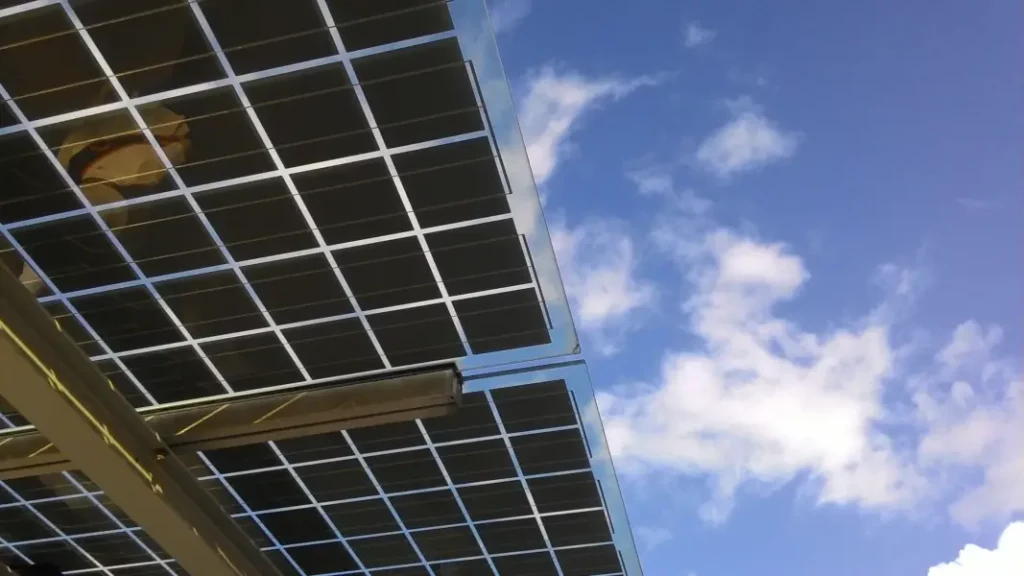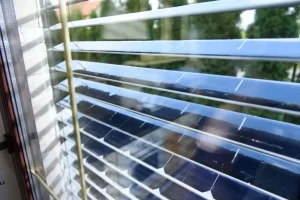Harnessing the sun’s energy using solar panels has been a significant leap towards renewable energy solutions. However, one concern that tends to worry many prospective users and solar panel owners is the risk of overheating. This article aims to shed light on this subject, clarifying whether solar panels can overheat, the optimal temperature for their operation, how overheating can be prevented, and whether it’s a cause for alarm.

Can solar panels overheat?
Solar panels, as robust and technologically advanced as they are, are not immune to overheating. In fact, while these devices are designed to absorb sunlight and convert it into electricity, an excess of heat can reduce their efficacy. Solar panels are composed of semiconductor materials that have an optimal functioning temperature, typically around 25 degrees Celsius (77 degrees Fahrenheit). Beyond this temperature, the panel’s efficiency begins to decline. For every degree above this point, power output can reduce by about 0.5%.
Moreover, overheating can give rise to hot spots, regions within a panel that become significantly hotter than others due to uneven sunlight exposure or a cell defect. Hot spots can accelerate the degradation of the affected cells and, in severe cases, may pose a fire risk.
What is the optimal temperature for solar panels?
The optimal temperature for most solar panels lies around 25 degrees Celsius (77 degrees Fahrenheit). This is the temperature used as a standard when measuring the panel’s nominal operating cell temperature (NOCT). Beyond this point, for each degree increase in temperature, there’s a corresponding decrease in the panel’s efficiency, usually by approximately 0.5% per degree Celsius. This may seem minimal, but during intensely hot summer days, these losses can add up.
How to prevent solar panels from overheating
While the possibility of solar panels overheating can be concerning, there are ways to mitigate this. First, the design and placement of the solar panel system should promote sufficient airflow. Since solar panels can cool themselves by radiating heat into the surrounding air, an installation that allows for airflow around the panels can help keep temperatures down.
Second, selecting solar panels with a lower temperature coefficient can also be beneficial. The temperature coefficient is a measure of how much a panel’s output decreases for each degree above the standard 25 degrees Celsius. Panels with a lower temperature coefficient will be less affected by higher temperatures.
Moreover, periodic maintenance and inspection of the solar panels can help identify and address any issues that could lead to overheating, such as dirt accumulation, shading, or physical damage. Finally, new technologies such as active cooling systems or thermally conductive materials are being explored to help reduce the heat of solar panels.
Should you worry about solar panels overheating?
While solar panels can overheat, it’s important to note that these situations are relatively rare and often occur due to specific conditions or installation errors. Solar panels are rigorously tested to withstand a variety of climates and weather conditions, and reputable manufacturers ensure their panels meet high standards of quality and durability.
However, acknowledging the potential for overheating and taking steps to prevent it is a prudent approach to maintain your solar panel system’s efficiency and longevity. Regular check-ups and appropriate installation are key to a worry-free solar panel experience.
Conclusion
Solar panels are a significant investment towards a sustainable future, and understanding their performance under different conditions is vital for maximizing their benefits. While overheating can occur, it’s not a frequently encountered issue and can be effectively managed with the right preventive measures. By acknowledging and addressing the thermal limits of solar panels, we can ensure efficient operation and contribute to a cleaner, greener future.



